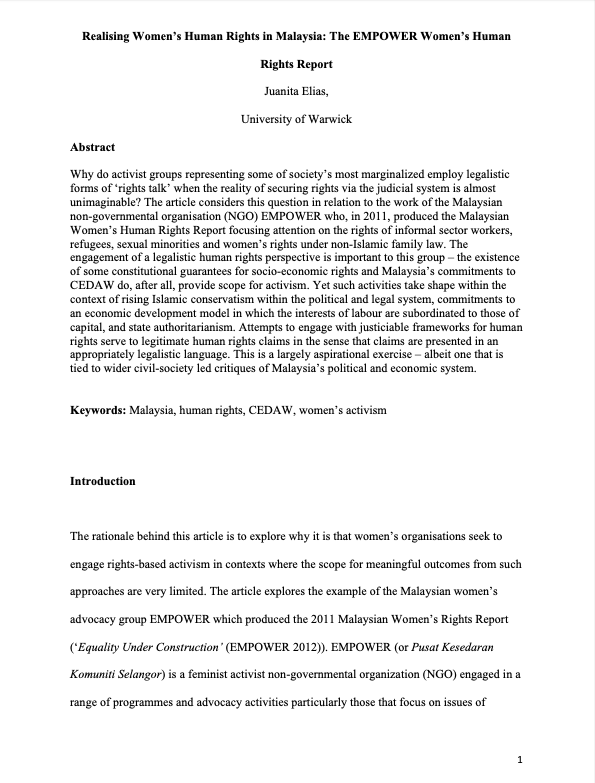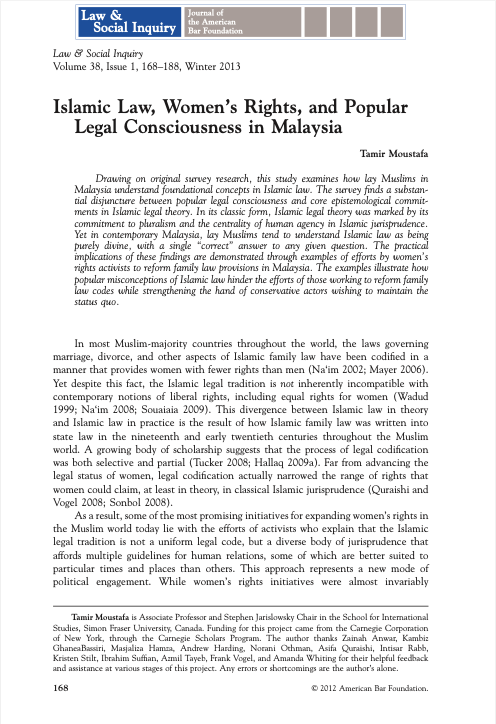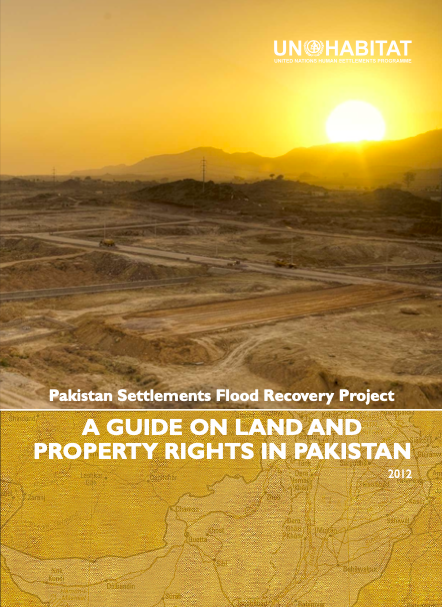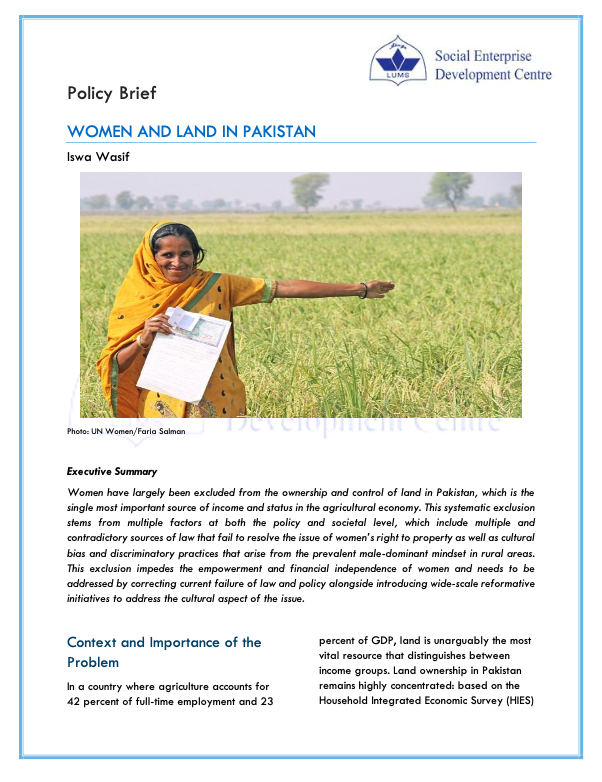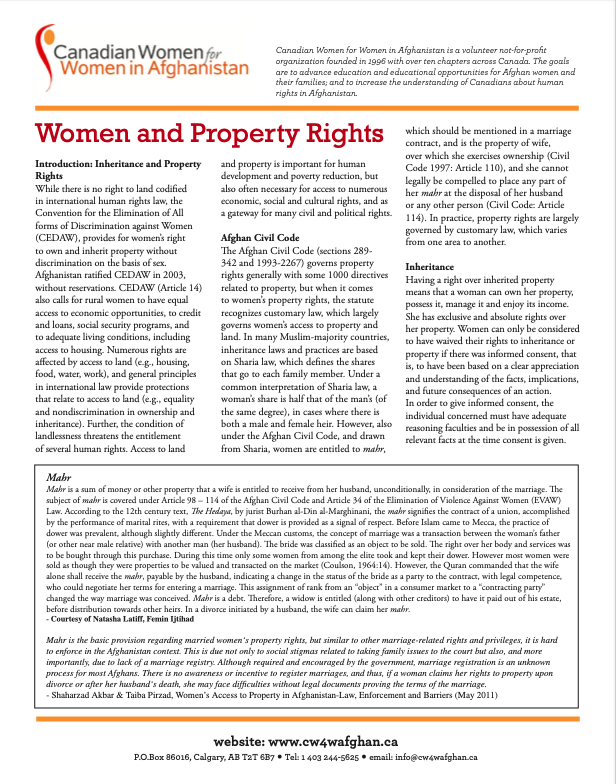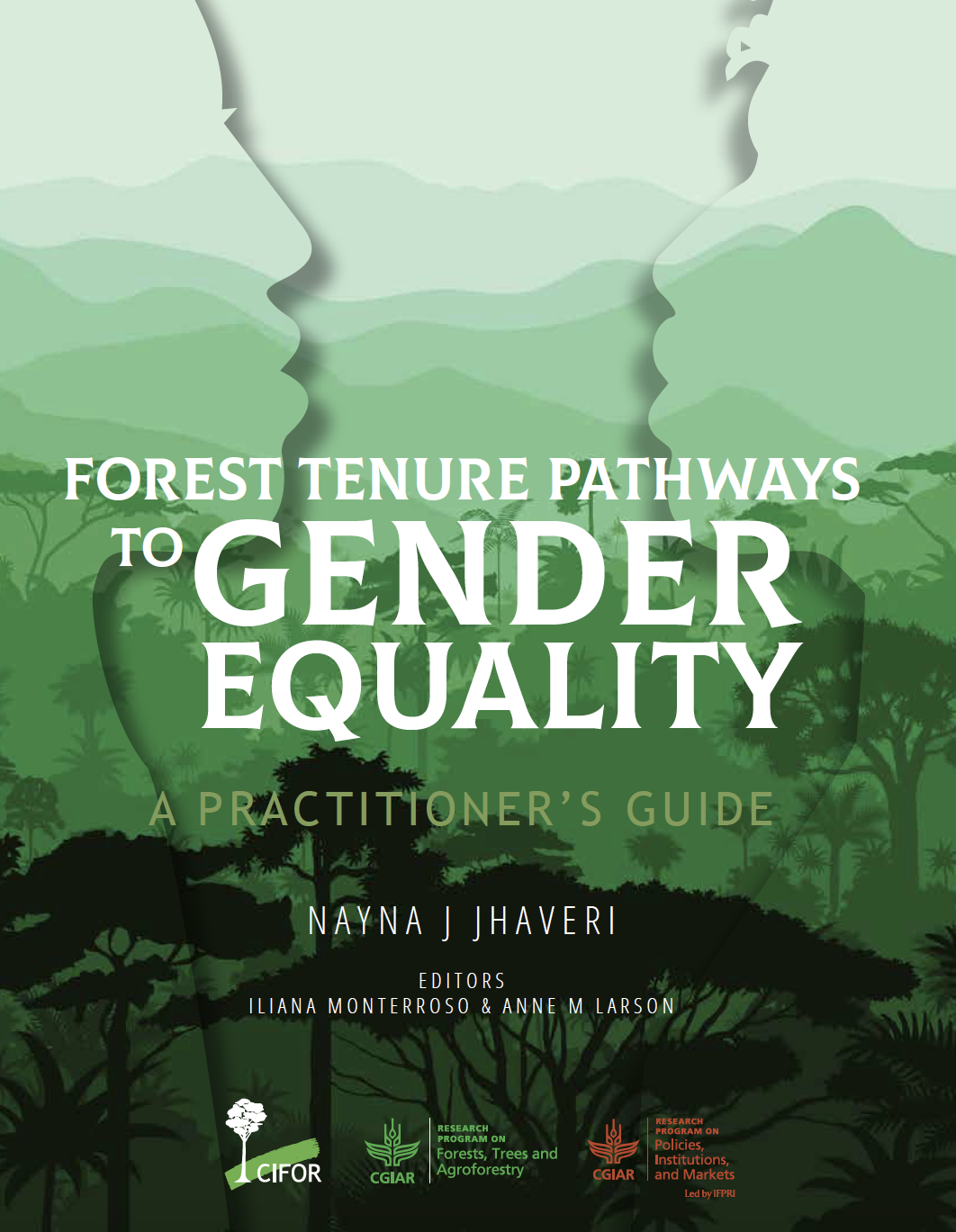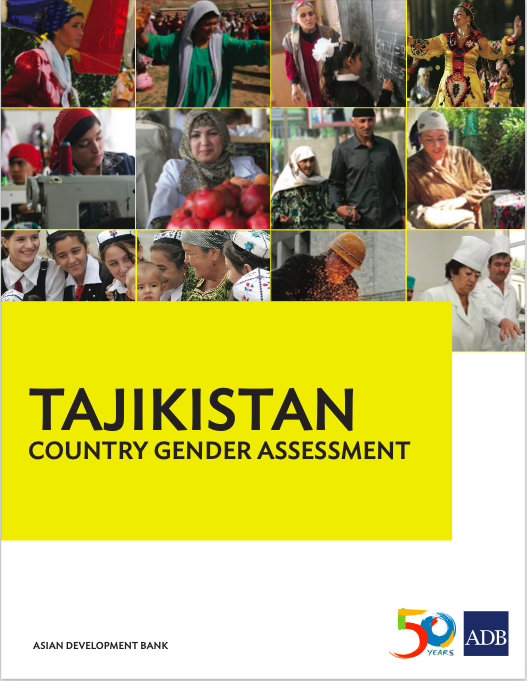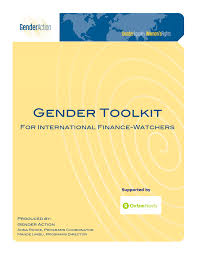Realising women’s human rights in Malaysia
Why do activist groups representing some of society’s most marginalized employ legalistic forms of ‘rights talk’ when the reality of securing rights via the judicial system is almost unimaginable? The article considers this question in relation to the work of the Malaysian non-governmental organisation (NGO) EMPOWER who, in 2011, produced the Malaysian Women’s Human Rights Report focusing attention on the rights of informal sector workers, refugees, sexual minorities and women’s rights under non-Islamic family law.

